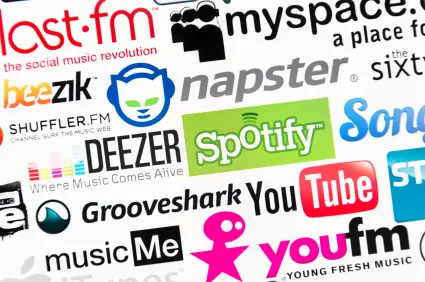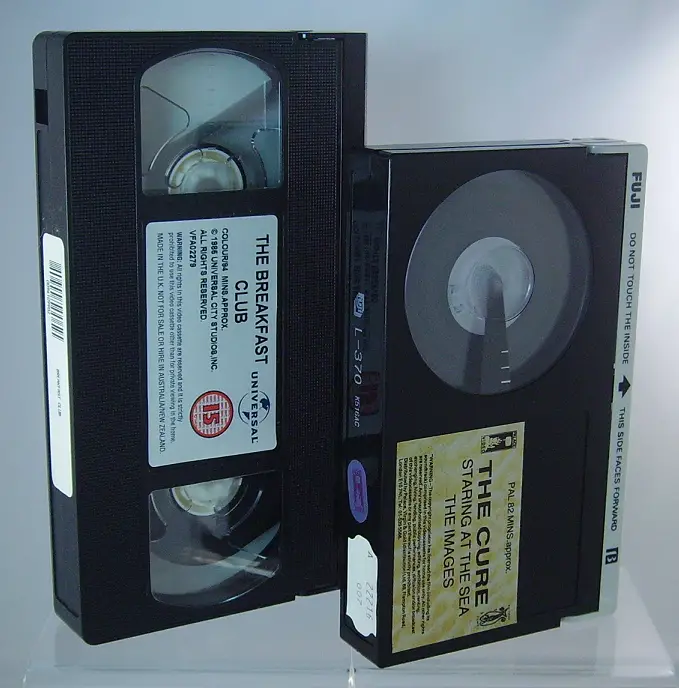
How Many Streaming Music Services Can the World Tolerate?
While consumer choice is a good thing, things are little silly in the streaming music space right now. In addition to the big three (Spotify, Apple and Google), we’ve got Deezer, Tidal and Napster. Both Amazon and iHeartRadio are planning to launch something within a year. Pandora, which bought the dregs of Rdio (and which in turn is now the property of SiriusXM), is rumoured to soon offer a discount service. And have you hear of Playster? They’re a new player out of Montreal.
Here’s the thing, though: all of these streaming companies draw from the exact same pool of songs. Their unique selling points are the user interface, the audio quality and…er, not much else. So why would anyone opt to subscribe to more than one? Cuepoint takes it from there:
While grocery shopping today, I counted the variety of ketchup brands and got to a dozen before I realized I looked like a lunatic and wheeled my cart to the next aisle. The big problem with music is that the factors that make it possible to compete in other industries don’t exist in the music streaming space. Ketchup brands can offer a wide variety of prices for essentially the same product, whereas music streaming services can only offer the $10 a month package and a more limited, cheaper package. Offering the same product at a different price is something streaming services haven’t been able to figure out how to do yet, mostly due to inflexibility from the labels.
Not only are streaming services finding it difficult to compete on price, they can’t really compete on content. Exclusives seem to be on their way out and were never all that effective at converting users to begin with — but now the streaming services are really forced to operate with essentially the same catalogue. Curation has now become the name of the game, especially with recent research showing that more people are listening to playlists than albums. Spotify is the winner here, for now, but it won’t be long before Apple Music and other services start hiring folks who can build another version of Discover Weekly — and then we’re right back to where we started.



This is actually good for the consumer, assuming the end product is basically the same and interchangeable. Consider, in the other hand, the shit show streaming TV/film is about to become with everybody and their grandma having their own walled garden service (oh, look at you iheartradio, canada radio player, etc too, because there’s a lesson there as well) – people will eventually get tired of paying 6 different people 10 bones a month. This is why exclusives died basically, or never mattered in the fisrt place.